Medieval society needed workers, but not every role earned dignity. Certain jobs were unavoidable, but still left people socially shunned and physically stained. Others placed people in danger or left them at the mercy of the royalty’s whims. People worked whatever roles kept them fed.
These roles reveal what it meant to labor away in the background of medieval life, keeping things running while paying a high personal cost.
Gong Farmer
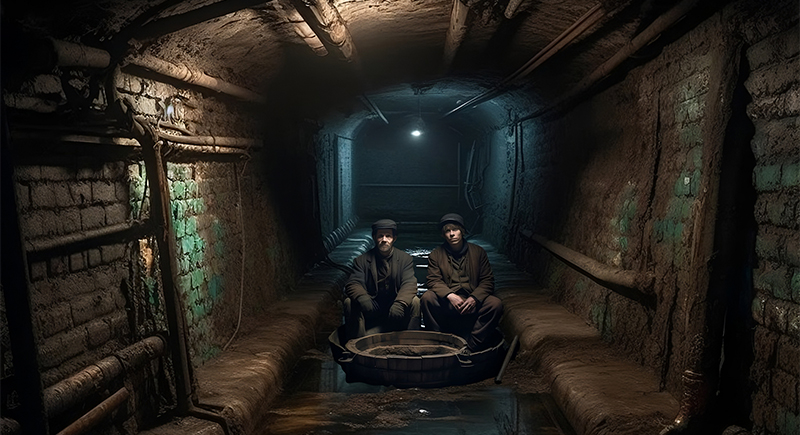
Credit: Reddit
A cesspit didn’t empty itself, which is where the gong farmer came in. They worked overnight and mostly climbed into pits full of human waste, shoveled out the contents, and hauled it outside city walls. Though it offered decent pay, the job made people turn away from anyone known for standing in sewage each night.
Tanner
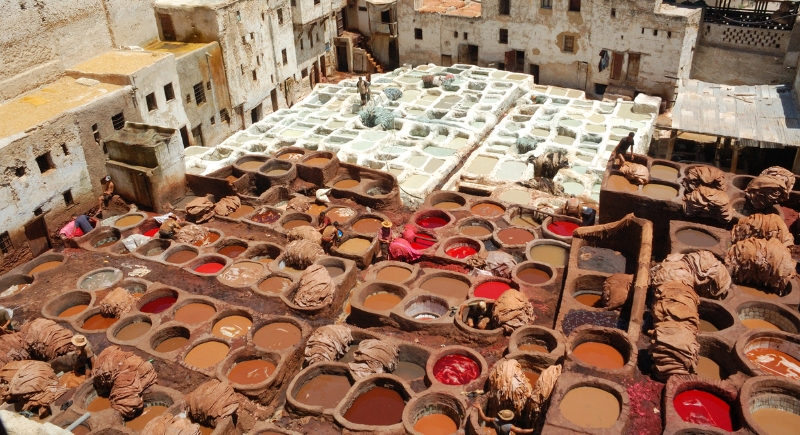
Credit: Getty Images
The process behind medieval leather production came with overwhelming smells and absolute social exclusion. Tanners soaked animal hides in urine to loosen hair and later softened the material in tubs of dog and pigeon droppings. Their homes, clothes, and bodies all carried the same rancid smell.
Body Collector
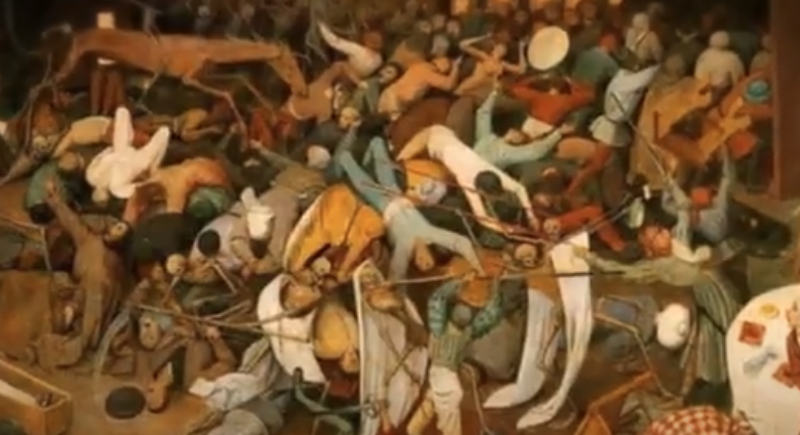
Credit: Youtube
When the Black Death hit Europe in the 14th century, laborers took on the job of removing bodies. Corpses rotted in the streets while attracting insects and spreading sickness. Collectors loaded carts and dumped remains into mass graves by layering earth between rows of the dead. They handled everything with their bare hands.
Groom of the Stool
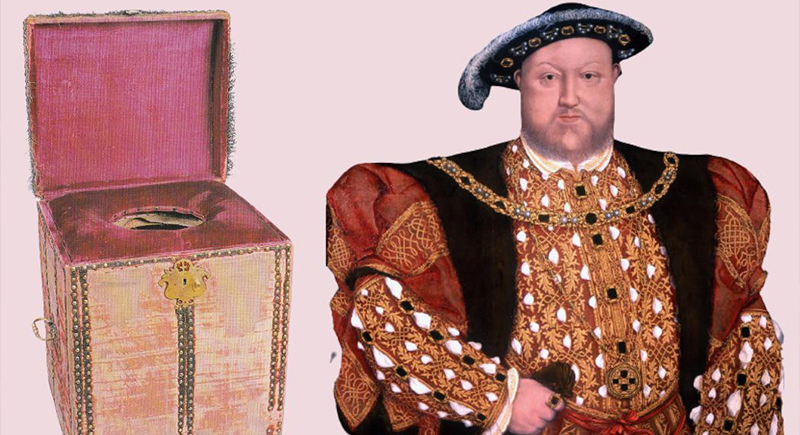
Credit: Reddit
Under King Henry VIII, this royal attendant handled the monarch’s toileting needs—bringing water, towels, and sometimes cleaning him directly. Despite the nature of the work, noble families encouraged their sons to take the position, so the groom could spend private time with the king, and maybe even become a wealthy advisor.
Executioner
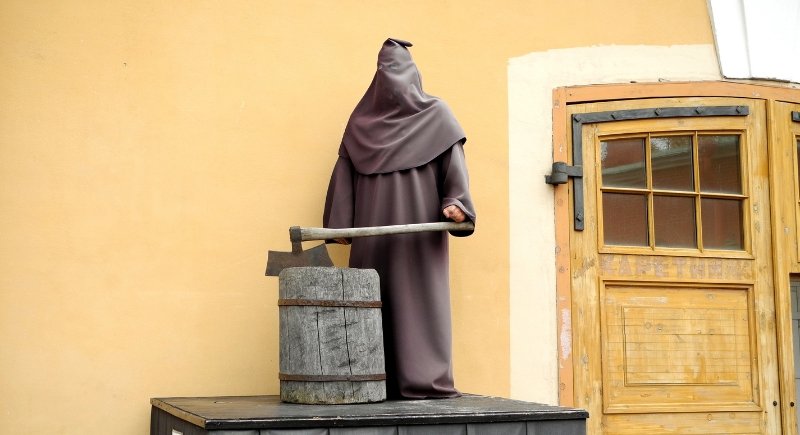
Credit: pixabay
A skilled executioner could bring a swift end with a single stroke, but failure meant angry crowds and personal danger. Many lived outside town limits and couldn’t enter churches. When not performing executions, they cleared animal remains from the streets and farms.
Spit Boy
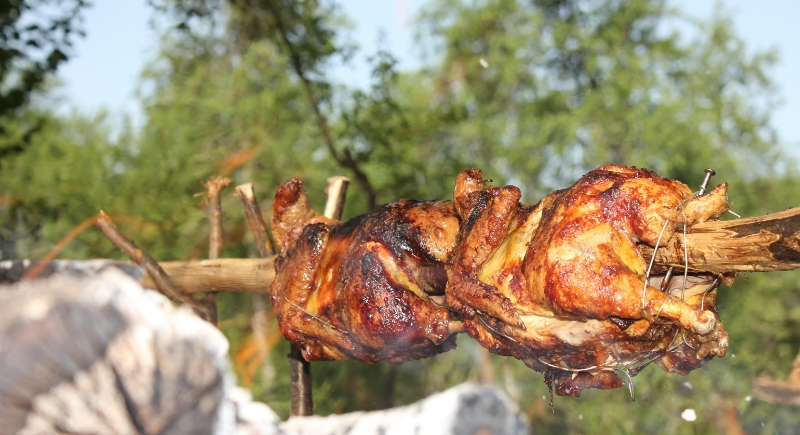
Credit: pexels
Roasting entire animals for medieval feasts required a young boy to stand for hours beside an open fire while turning a heavy spit by hand. He worked through heat, smoke, and hot grease splattering from the meat. Celebrations could mean endless hours without rest. Burn injuries and heat exhaustion were just part of the work.
Lime Burner
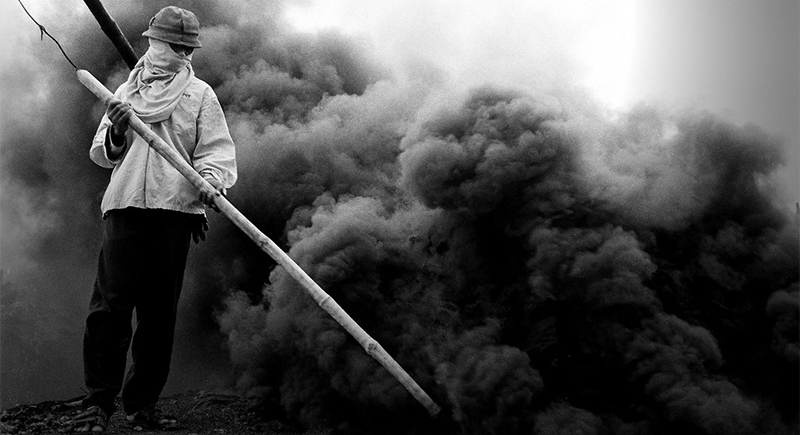
Credit: flickr
Furnaces as hot as 1,500°F were part of the daily grind for lime burners. Quicklime, used in medieval mortar, came from burning limestone at extreme temperatures. Workers loaded stone into kilns, stoked fires, and inhaled fumes that made the job hazardous day after day. Teams rotated in 12-hour shifts, fighting exhaustion and dizziness.
Rat Catcher
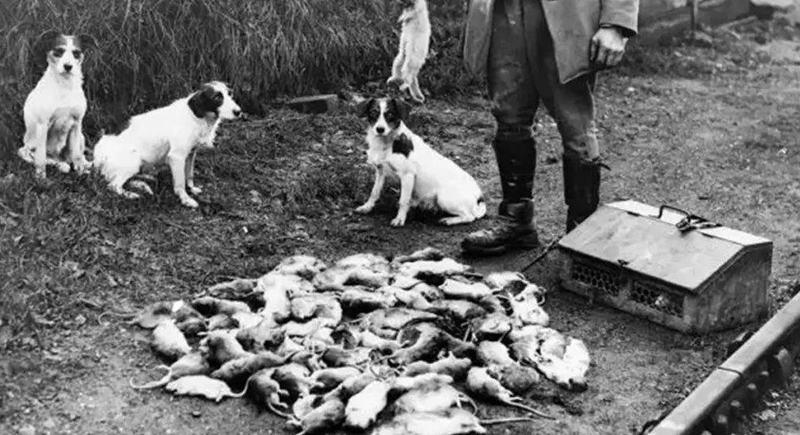
Credit: Facebook
Rodents overran medieval cities and spread disease while contaminating food supplies. Rat catchers were hired to control infestations alone in tight, filthy alleys and storage spaces. They used traps, poison, and sometimes their hands to remove the pests. Exposure to fleas, bites, and dead animals made the profession hazardous.
Treadwheel Operator
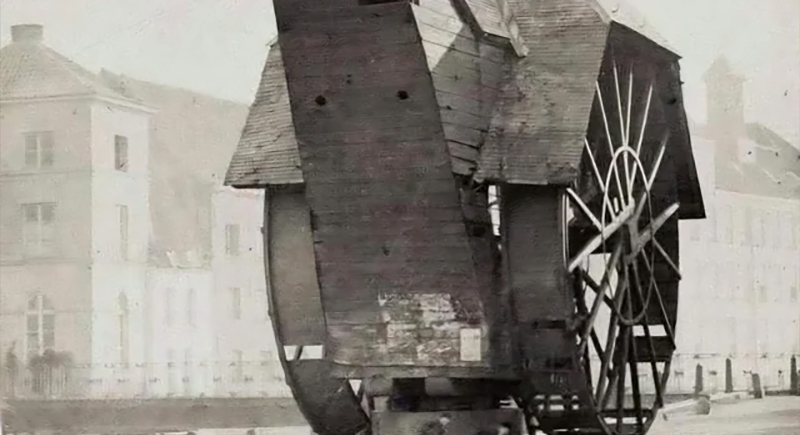
Credit: Reddit
Laborers would walk for hours inside large wooden wheels while lifting loads up cathedrals and castles. The machines had no brakes or any kind of safety system. One misstep could send a person falling or cause a load to swing loose. The higher the structure rose, the worse the risk became. Some historians believe blind workers were used on occasion—they couldn’t see how far there was to fall.
Food Taster

Credit: Reddit
At royal feasts, tasters sampled every dish before it reached the monarch. If a meal were poisoned, they would collapse first. They kneeled for hours, tasted each course, waited for symptoms, and repeated the process. The taster’s role involved risk without reward, as they were treated as expendable shields for someone higher up.
Dishwasher
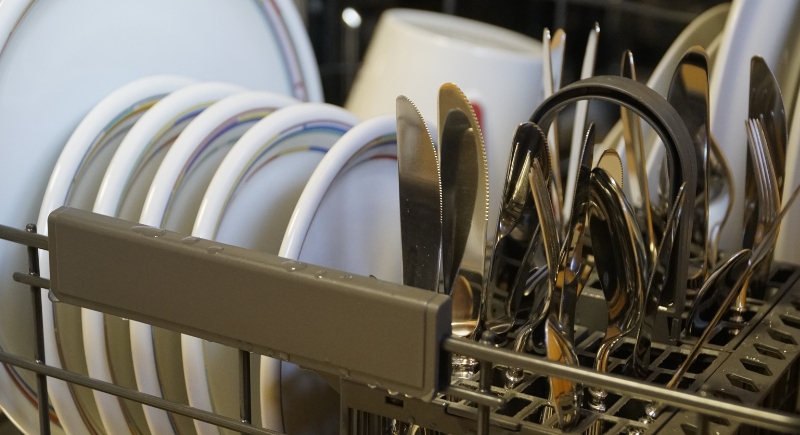
Credit: pixabay
Dishwashers scrubbed plates, pots, and utensils using sand, ash, or lye in cold basins filled with reused, greasy water. Their skin broke down over time from exposure to harsh, dirty water. Their workspace was damp, dark, and often underground. Medieval scholars dismissed this job as lacking both dignity and intellect.
Arming Squire
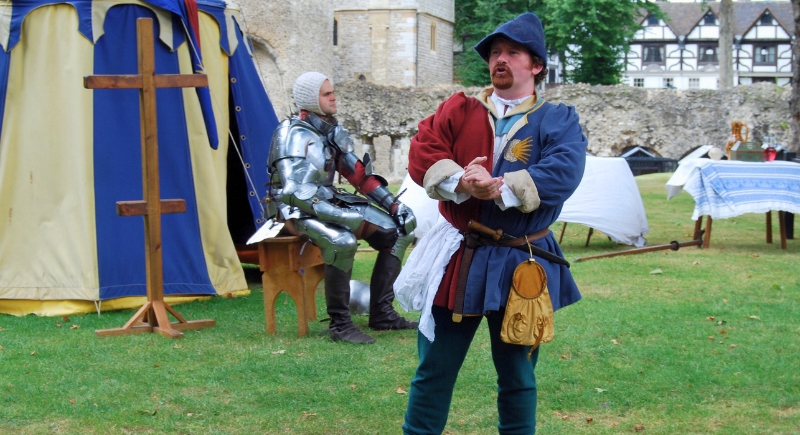
Credit: iStockphoto
Becoming a knight started with the work of a servant. Boys as young as fourteen were sent to assist knights—carrying gear, caring for horses, and cleaning armor. In battle, they sprinted through danger unarmed just to get equipment where it was needed. A few never made it back.
Fuller
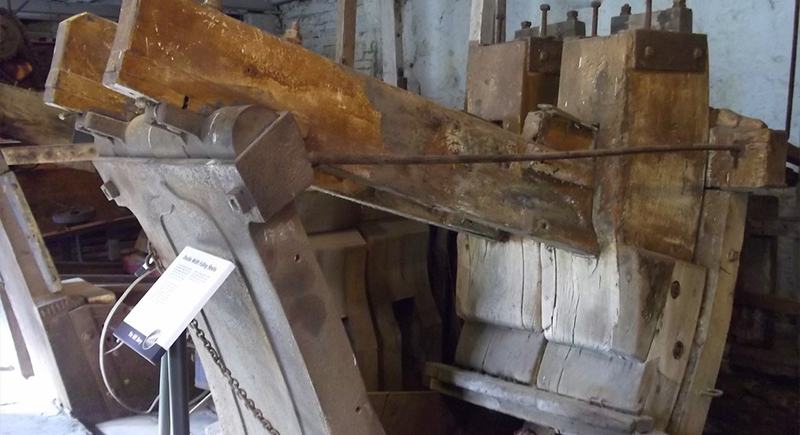
Credit: flickr
Processing wool involved long hours in reeking tubs of stale human urine. The ammonia stripped oils from the cloth, but constant contact led to skin problems and breathing trouble. Their bodies reeked even after they stopped working. Despite doing a job essential to the textile trade, their presence made others uncomfortable.
Leech Collector
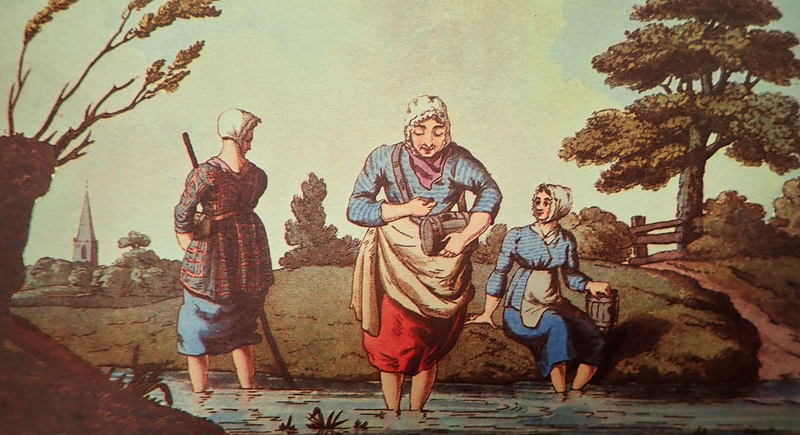
Credit: Wikimedia Commons
Doctors needed leeches, and someone would be tasked to gather them. That job went to leech collectors, who waded into ponds barefoot and let the creatures latch on. The process left painful bites that turned into long-term scars. Cold mornings, wet clothes, and low pay defined the profession, and infection was a consistent concern.
Tooth Drawer
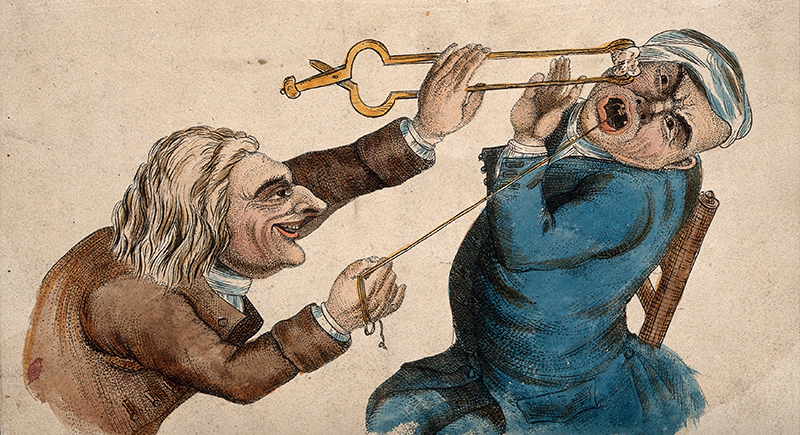
Credit: Wikimedia Commons
Before dentistry existed as a profession, tooth drawers roamed towns offering painful extractions without training or tools beyond forceps or pliers. They pulled teeth in markets or taverns, often in full view of a crowd. The procedure was brutal, unsanitary, and frequently caused infection, jaw damage, or even death.
